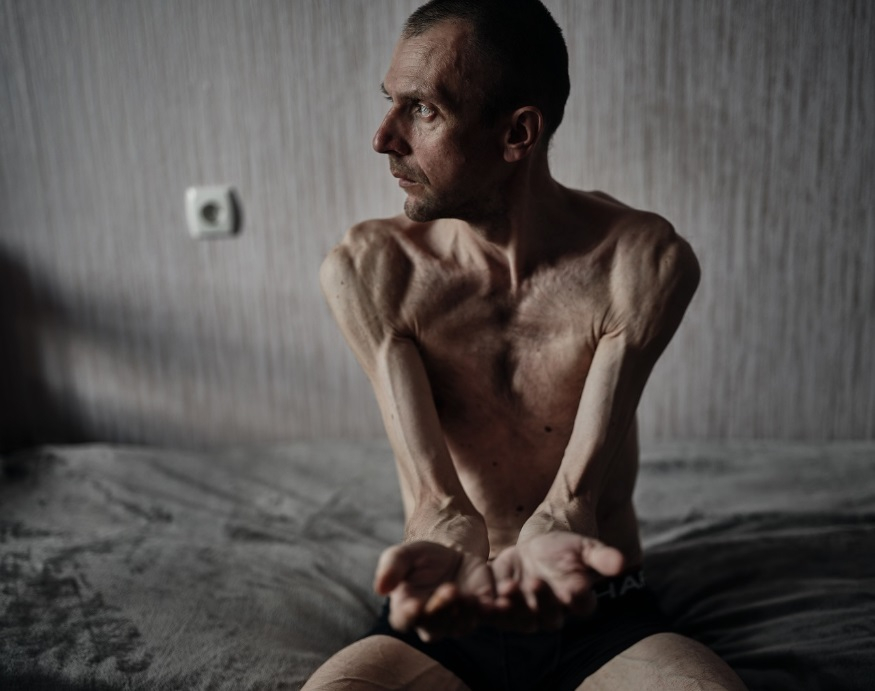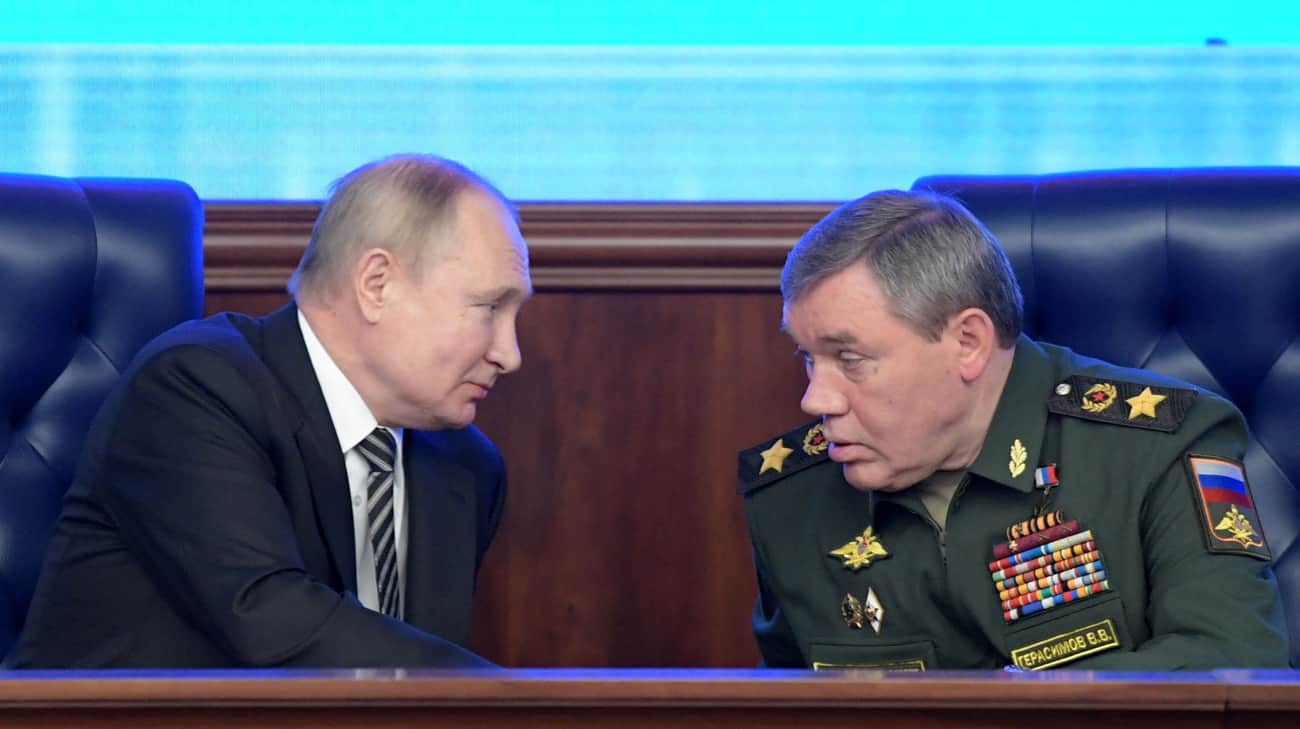“One cup of water per day for 8 people”: Deaths of Ukrainian POWs in Russian captivity rise, human rights group says
The Ukrainian Media Initiative for Human Rights (MIHR) verified 22 deaths of Ukrainian prisoners of war (POWs) and emphasised that the defenders of Mariupol are treated with extreme cruelty, with approximately 1,300 servicemen from the 36th Separate Marine Brigade still being held in Russian captivity.


The number of deaths among Ukrainian prisoners of war (POWs) held by Russia “significantly increased” due to inhumane conditions, torture, beatings, lack of proper nutrition, and medical care, according to experts from Ukrainian Media Initiative for Human Rights (MIHR) and relatives of POWs from the 36th Separate Marine Brigade.
MIHR has verified 22 deaths, while relatives claim the number is as high as 160.
“Only from the last exchange of bodies, according to our information, four people died in captivity. And in April there was information about 11 people who died in captivity,” said Olena Bieliachkova, coordinator of families of prisoners of the MIHR.
Bieliachkova emphasized that prisoners from the 36th Marine Brigade, which was mostly located in Mariupol, are treated with extreme cruelty by Russia, with approximately 1,300 servicemen from the brigade currently in captivity.
Russia disregards the basic principles of international law and attempts to conceal the cause of death of prisoners, which often results from torture, disease due to improper conditions, or general exhaustion, according to Tetiana Katrychenko, the executive director of MIHR.
“I found out such things that I, as a mother, would be better off not knowing… About three spoons of porridge, half a cup of tea and two thin slices of bread – this is all the food they get for the day. There is simply no opportunity to drink either – one cup of water per day for eight people. Such exhaustion very quickly leads to fatal consequences. They are forced to stand for 18 hours a day,” shared Milana Kompaniiets, whose son from the 36th Separate Marine Brigade is now a POW.
Kompaniiets stated that her son had been electrocuted to the point of paralysis in his legs and had lost the ability to speak after repeated beatings, suggesting that this could be the result of a microstroke or other damage to his nervous system.
Hanna Bei, the wife of a captured senior sailor from the 501st Separate Battalion of the 36th Marine Brigade, told that her husband lost around 35 kg (77 lbs) in captivity, which she considers a critical stage of dystrophy. She also noted that marines are often taken to a colony in Mordovia, a republic of Russia, known for its poor conditions and high number of tortured prisoners.
Bieliachkova pointed out that Ukrainians from the 36th Brigade, particularly the 501st Battalion, are rarely included in prisoner exchanges. She added that the situation is further complicated by Russia’s so-called trials against the defenders of Mariupol, as after the verdicts, the prisoners are transferred to serve illegal punishments, making it very difficult to secure their release.

UN confirms Russia tortures Ukrainian POWs
In March 2024, The United Nations Human Rights Monitoring Mission in Ukraine (HRMMU) released a report detailing the torture of Ukrainian prisoners of war (POWs) in Russian captivity.
They interviewed 60 recently released Ukrainian POWs, with nearly all of them describing torture by Russian servicepersons or officials during their captivity.
The report highlights that more than half of the POWs were subjected to sexual violence and most were denied communication with their families and adequate food and medical attention.
HRMMU also recorded credible allegations of the execution of at least 32 Ukrainian POWs in 12 separate incidents between December 2023 and February 2024, a significant increase compared to previous periods.
Related:
- The Times: Ukraine says Russia operates black market of prisoners of war
- Pope calls for prisoner exchange “all for all”; Ukraine responds: Russia doesn’t want it
- Ukraine conducts largest prisoner exchange since Russian full-scale invasion’s start
- Ombudsman: Recent prisoner swap exposes torture against Ukrainian POWs


